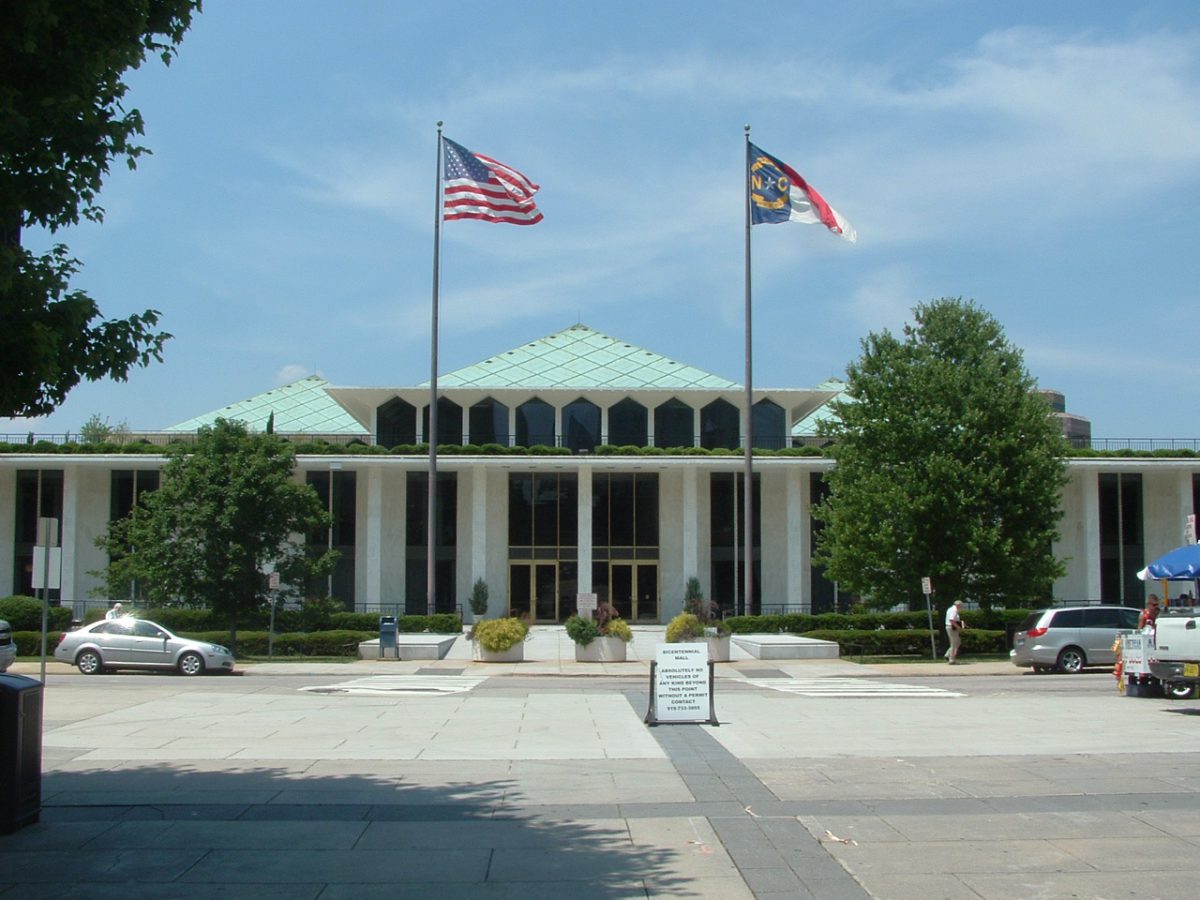
INDIANAPOLIS – The Society of Professional Journalists has named the North Carolina General Assembly the recipient of its annual Black Hole Award for violating the public’s right to know in the change of the state’s public records law.
The Black Hole Award is bestowed annually upon government institutions or agencies “for acts of outright contempt of the public’s right to know.” The recipient was announced Sunday, during Sunshine Week, March 10-16. Sunshine Week is “a nonpartisan collaboration among groups in the journalism, civic, education, government and private sectors that shines a light on the importance of public records and open government,” according to the organization’s website.
Supporter Spotlight
“The North Carolina law worsens a national patchwork of threats to state government transparency,” said SPJ Freedom of Information Committee member Howard Goldberg, a retired Associated Press bureau chief who noted that the news agency for years has been denied public records access to some state lawmakers’ office calendars and correspondence. “Legislatures in effect are exempting themselves from accountability to citizens who want to know how their laws are made and who is influencing their lawmakers.”
The group cited the General Assembly’s passage last fall of the state budget that included a new law that exempts state lawmakers from the state’s public records law.
“This means it is entirely up to North Carolina lawmakers to decide what public records, if any, to reveal,” the organization said. “The governor and other members of the Council of State, elected by voters statewide, are still subject to public records law.”
The group also noted that the budget also repealed a law requiring redistricting draft maps and communications to be made publicly available. Previously, communications created during the legislative redistricting process became public once the new maps became law.
“The core spirit of Sunshine Week is to uphold the most important principle of democracy, that the people are always in charge of their government,” said Sterling Cosper, SPJ Freedom of Information Committee co-chair. “This oversight does not just begin and end with elections but rather should happen all day every day. Citizens are the bosses and it is not becoming of their elected employees to dictate to them without consultation what information they have a right to when it comes to their money and vote. The assembly netted a hattrick of unethical and shadowy governance by introducing a measure to hide their day-to-day decisions with taxpayer dollars, and the process for redrawing the election map that affects their party’s job security as well as the citizens’ right to choose all within the annual budget, essentially holding it hostage for these provisions and disallowing the government to continue properly providing services.”
Supporter Spotlight
The group also noted that opposition to the legislature’s changes was bipartisan.







